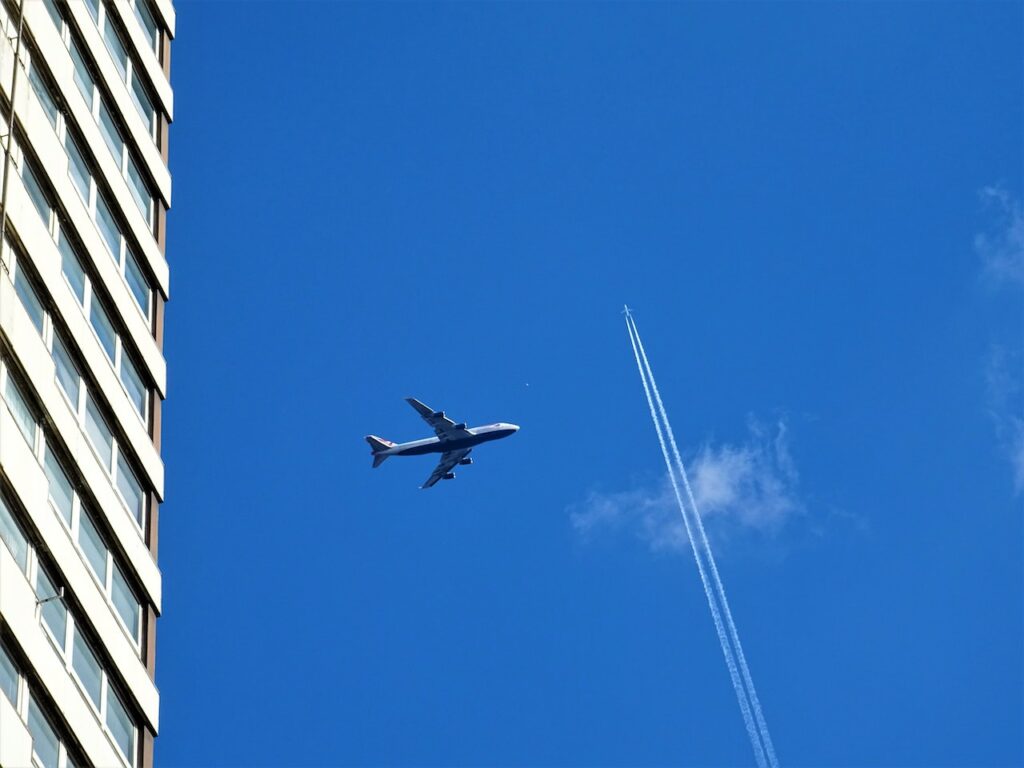The US Federal Aviation Administration (FAA) has now opened a public comment period to canvas public opinions and input on aircraft noise issues.
As part of the FAA’s ongoing initiative to address aircraft noise, the agency has now asked for public comment on its Noise Policy Review (NPR).
Public feedback on key considerations
The US aviation regulator published a Federal Register Notice (FRN) today to solicit public comments and will also hold virtual webinars.
Essentially the FAA has called for public comment and input to review four key considerations of its civil aviation noise policy. This policy covers noise exposure from a range of aviation activities.
These include recreational and commercial fixed wing airplanes, helicopters, commercial space transportation vehicles, unmanned aircraft systems, as well as emerging technology vehicles (newer types of vehicles that will operate in U.S. airspace).
The Noise Policy Review will look at the following key items and more based on input received from the public and stakeholders:
Assessing noise exposure
The FAA’s current use of Day-Night Average Sound Level (DNL) as the primary noise metric for assessing cumulative aircraft noise exposure.
Investigating if and how alternative noise metrics may be used in lieu of or in addition to DNL to better inform agency decisions and improve FAA’s disclosure of noise impacts.
[monsterinsights_popular_posts_inline]
Community awareness and understanding
The community’s understanding of noise impacts and how to better manage and respond to community’s aviation noise concerns.
Investigating ways to improve communications on proposed noise-related agency actions.
Physiological impacts
Reviewing the findings from ongoing noise research, including the Neighborhood Environmental Survey and other research related to health impacts, speech interference, sleep disturbance, and economic impacts.

The issue of aircraft noise levels
Aircraft and airspace noise levels have been a concern in the United States for many years. The noise generated by airplanes and helicopters can be a significant source of annoyance and disruption for people living near airports and under flight paths.
Here are some of the major problems associated with aircraft and airspace noise levels in the USA:
Health effects
Exposure to high levels of noise can have a negative impact on physical and mental health. Studies have linked exposure to aircraft noise to increased risk of cardiovascular disease, sleep disturbance, and cognitive impairment.
Quality of life
Excessive aircraft noise can disrupt daily activities such as conversation, work, and relaxation. It can also decrease property values and make it difficult to sell homes in affected areas.
Environmental impact
Noise pollution can have an impact on wildlife and their habitats. It can also contribute to air and water pollution, as aircraft engines emit pollutants such as nitrogen oxides and carbon monoxide.
Safety concerns
High levels of noise can interfere with communication between pilots and air traffic controllers, potentially leading to safety issues.
To address these problems, the Federal Aviation Administration (FAA) has implemented regulations and guidelines to reduce aircraft noise levels.
This includes requirements for quieter aircraft engines, noise abatement procedures, and land use planning around airports. Additionally, local communities have formed advocacy groups to raise awareness about the issue and push for solutions.
How to participate
You can get involved with the NPR by submitting your comments to the FRN and/or attending one of our virtual webinars. The webinars will be held May 16, 18, 23 and 25 on Zoom.
You can participate by Zoom or watch the meetings via live stream on the FAA’s YouTube account. Attendees watching the meeting on YouTube can submit questions using the platform’s chat feature.
The FRN comment period runs May 1- July 31, 2023. Read and comment on the FRN get more information on our webinars here.









